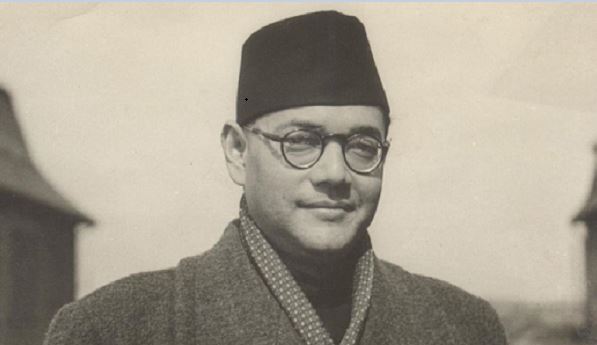Guwahati: As India celebrates the 125th birth anniversary of freedom fighter Subhas Chandra Bose, people from all hues of life share their admiration and respect for Netaji.
The government of India also decided to celebrate the occasion every year as the Parakram Diwas, to remark on his service to the nation. The celebrations are aimed at nourishing the feeling of patriotism and for inspiring the citizens of the country, especially the youth.
His contributions toward unifying the nation and a fervent following aided Indian magnificently in the path toward freedom.
He excelled both as a leader and fighter on account of his influential talks and speeches. Contrary to the other factions following ideologies of defense, his style was aggressive. The youth were particularly motivated by his active and upfront leadership and thousands followed him.
Despite his attack-style, he was quite the diplomat who often sought allies from various nations. He emerged as a political leader in the 1930s and formed the All-Bengal Young Men’s Conference.
Netaji excelled in his studies and garnered the fourth rank in the Indin Civil Services (ICS) examination. He resigned from the ICS later as he could not work under a foreign government.
Known in particular for his militant approach to independence and for his push for socialist policies, Bose in 1938 was elected the president of the Indian National Congress and formed a national planning committee, which formulated a policy of broad industrialization. Netaji was both an ally and adversary of Mahatma Gandhi during the freedom struggle on different issues that pertained to the future of India.
Netaji was known for his revolutionary activities and he was arrested and released several times by the British regime for his activities.
Netaji served as an editor of Forward, which was a newspaper owned by Bengali politician Chittaranjan Das. He later started and published his own newspaper, Swaraj, while also publishing a book, The Indian Struggle.
In his leadership, the Azad Hind Fauz or the Indian National Army agitated and fought to achieve the dream of a free India. With slogans like ‘Tum mujhe khoon do, main tumhe azadi dunga’, Netaji captured the imagination of many and rallied them for the efforts to make India free.
While women freedom fighters were present all across different groups fighting for freedom, Bose put them at the forefront. In later decades, he could be defined as a feminist as he saw no difference between men and women when it came to the fight for freedom. From mass protests to hostile fights, he believed women belonged in every struggle for freedom. He made relentless campaigns in the 20s and 30s to mobilise women to come to the frontlines and succeeded as well.
He called on women to join the Army once he returned to Asia. The Women’s Regiment in 1943 was a 1,000-soldiers strong named as Rani of Jhansi Regiment.





